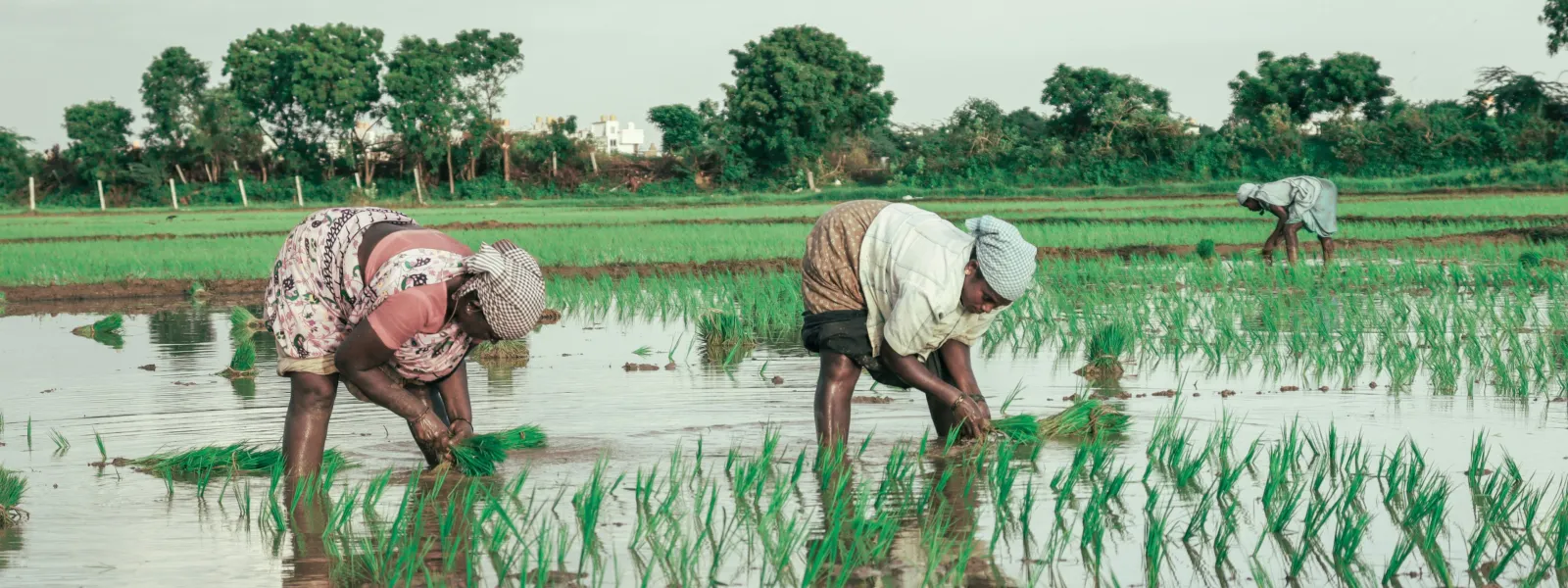
Small investments with great impacts. Territorial gender-just climate solutions
Gowtham AGM/Unsplash
Since 2016, the Global Alliance for Green and Gender Action (GAGGA), together with other actors, has promoted a series of initiatives to strengthen the inclusion of a gender perspective in climate finance, particularly within the projects and financial flows of the Green Climate Fund (GCF).
The GCF is the first international climate finance fund to incorporate a gender perspective as a central pillar of its operations, becoming a key framework for advancing equity in the access, use, and allocation of climate resources globally.
However, international climate finance that reaches countries is often disconnected from the actual needs of the local communities it is meant to benefit— especially women. This poses a critical issue that demands urgent attention— communities have the right to participate in decisions that directly affect them. At the same time, it misses the opportunity to incorporate local knowledge into solutions— knowledge that could make them more relevant and effective in addressing the climate crisis. In its special report on climate change and land, the Intergovernmental Panel on Climate Change (IPCC, 2022) highlights that incorporating women’s knowledge of land management helps mitigate degradation and supports the adoption of integrated adaptation and mitigation measures.
Gender-responsive climate finance goes beyond allocating resources to women and promoting gender equality—it requires rethinking how financial and climate solutions are designed and implemented. This means acknowledging the diversity of women, removing barriers to resource access, defunding so-called ‘false solutions’, and supporting initiatives that tackle the structural causes of climate change.
In Latin America and the Caribbean, many local climate solutions remain unknown to decision-makers. As a result, they struggle to receive support, be replicated, or serve as inspiration for other initiatives benefiting the same communities. This publication presents five case studies of successful, locally developed climate solutions with a focus on gender and climate justice. The goal is to strengthen collaboration between those responsible for providing and implementing GCF resources and civil society organizations.
The case studies show the efficiency that can be achieved when resources are channeled directly to civil society organizations and communities. All the projects were carried out with budgets under USD 50,000 and made significant contributions to transforming the structural conditions that heighten the vulnerability of territories, women, and other marginalized groups in the face of the climate crisis.
Read and download the publication
